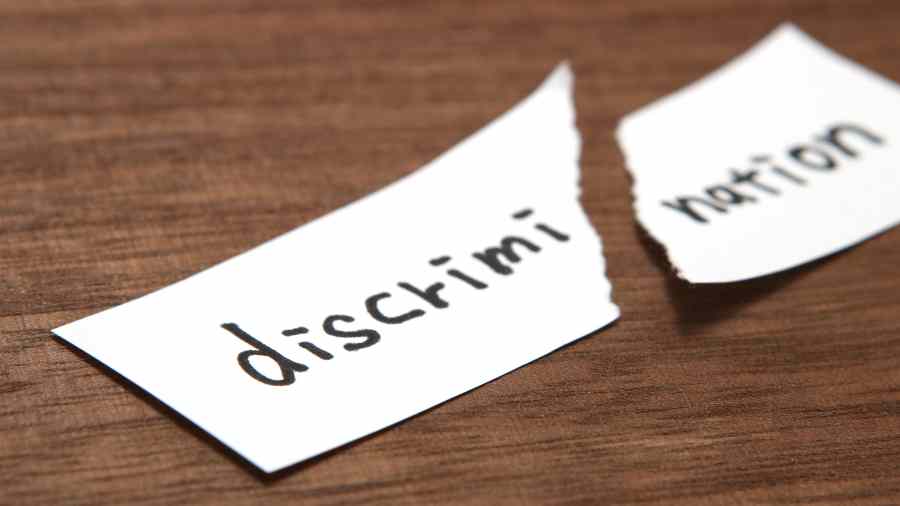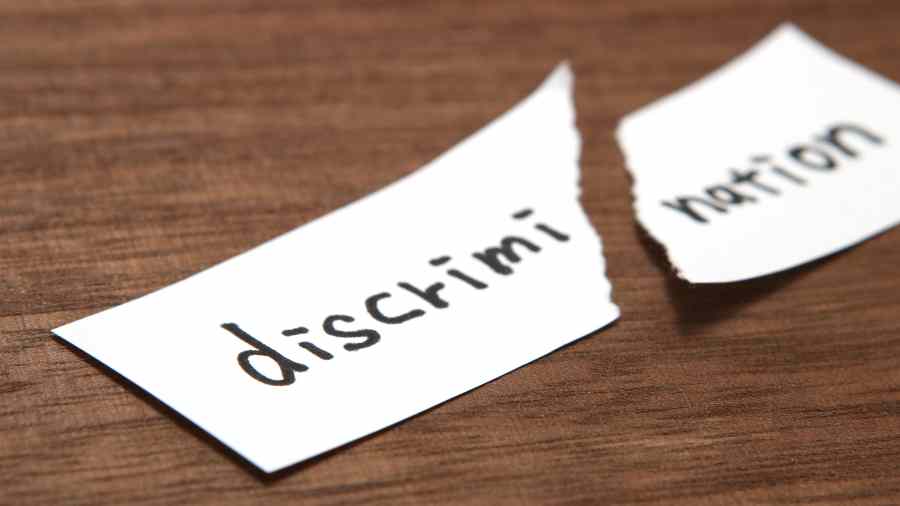A bill seeking to explicitly ban caste discrimination in California has been unanimously passed by the state’s Senate Judiciary Committee, amidst strong opposition from Indian-American business and temple organisations.
The California Senate Judiciary Committee on Tuesday unanimously voted 'Yes' to move the anti-caste discrimination bill forward to the Senate. This is for the first time that a US State legislature would consider legislation on caste.
If passed, the bill could make America's most populous state also the country's first to make caste bias illegal by adding it as a protected category in the state’s anti-discrimination laws.
"Today, I proudly stand in solidarity with my caste-oppressed community members, caste equity movement organisers, and allies to say that caste-oppressed Californians are now one step closer to attaining the protections they deserve and are entitled to,” said Thenmozhi Soundararajan, Equality Labs and author of 'The Trauma of Caste'.
Earlier at a news conference, she said the bill was a result of 15 years of hard-won organising in the state by caste-oppressed people.
"The need for this bill is urgent. We have then some of the highest rates of discrimination of any Asian American community in the state. That is why we are here to stand in our truth to organise for our freedom," she had said.
Equality Labs, the brain behind the anti-caste discrimination resolution in Seattle, has been spearheading a nationwide campaign. Seattle became the first US city to outlaw caste discrimination in February.
California, a western US state located along the Pacific Coast with nearly 39.2 million residents, is the most populous US state and the third-largest by area.
“Caste discrimination is unlawful and unjust—this bill will heal us all from the horrors of caste,” Pooja Ren from 'Hindus for Caste Equity' said after the bill cleared its first big legislative hurdle.
Amar Shergill, Democratic Chair of Progressive Caucus, said California has made it clear that it will not tolerate discrimination or violence of any kind.
State Senator Aisha Wahab, the first Muslim and Afghan American elected to the state legislature, introduced the bill last month.
The move came exactly one month after Seattle became the first US city to outlaw caste discrimination after its local council passed a resolution moved by an Indian-American politician and economist. The resolution, moved by Kshama Sawant, an upper-caste Hindu, was approved by the Seattle City Council by six to one vote.
Major Indian businesses and temples issued a joint statement opposing the proposed California Caste Bill SB 403.
Asian American Hotel Owners Association (AAHOA), the largest hotel owners association in the US with 20,000 members, Asian American Store Owners Association (AASOA), representing over 8,300 store owners throughout the nation condemned it.
Hindu Mandir Executives’ Conference (HMEC), an umbrella organisation of Hindu temples in North America, the Hindu Business Network (HBN), and the Hindu Policy Research and Advocacy Collective (HinduPACT) also criticised the bill.
Kalpesh Joshi, a Board Member of the Asian American Hotel Owners Association, said AAHOA is strongly against the bill. “We believe that it will disproportionately impact Indian hotel and motel owners,” he said.
Vipul Patel, president of Asian American Shop Owners Association (AASOA), said the bill is based on the fabricated narrative of caste discrimination in America.
“This bill is misguided and will promote prejudice against all Indian-American small business owners including shop owners who form the backbone of California's economy in these challenging economic times.
"We fear that this bill, if passed, will encourage frivolous lawsuits against small businesses, causing many of them to go out of business,” he said.
Tejal Shah, convenor of the Hindu Mandir Executives’ Conference (HMEC), said the organisations and individuals behind the bill have made their disdain for Hindu customs and traditions very clear.
"Common Hindu greeting 'Namaskar' ('I bow to the divinity within you'), traditional Hindu practices such as classical dance, music, and sacred festivals such as Diwali and Holi have been vilified. Passage of SB 403 will legitimise this assault on the freedom of religions and make Hindu temples more vulnerable to physical attacks,” Shah said.
Led by the Coalition of Hindus of North America, over 100 other organisations said the bill is biased against minority groups and targets South Asians, along with other people of colour such as those from other regions.
“We fear the bill will encourage religious profiling and stereotyping of a minority. We believe it advances baseless hateful narratives against these communities by legalising a presumption of guilt and turns a long-standing bedrock principle of American justice on its head.
"If passed, the bill violates the civil rights of South Asians and other people of colour and denies them equal protection and due process,” it said.
Many Indian Americans fear that codifying caste in public policy will further fuel instances of Hinduphobia in the US.
Over the last three years, ten Hindu temples and five statues, including those of Mahatma Gandhi and Maratha emperor Shivaji, have been vandalised across the US as an intimidation tactic against the Hindu community.
Indian Americans are the second-largest immigrant group in the US. According to data from the 2018 American Community Survey (ACS), which is conducted by the US Census Bureau, there are 4.2 million people of Indian origin residing in the United States.
India banned caste discrimination in 1948 and enshrined that policy in the Constitution in 1950.
Except for the headline, this story has not been edited by The Telegraph Online staff and has been published from a syndicated feed.












